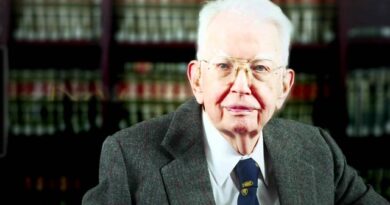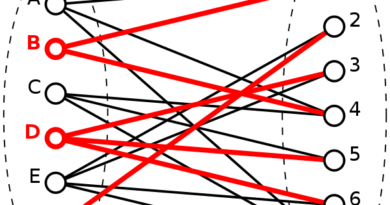Optimization is by Definition Change!
Hein Fleuren is part-time full professor at the department of Econometrics and OR, as well as partner and founder of BlueRock Logistics in Den Bosch. Since September 1, 2016 he has a special chair on Data Science for Humanitarian Innovation together with Prof. Conny Rijken from the Law School.
Last column, I gave you insight in my career so far, and what intrinsically motivates me: the application of OR/BA in industry and in humanitarian contexts. To explain a bit more and maybe help you for your future decisions I will start with a question: do you think that application of OR/BA is easy after you have successfully studied all the complex models and algorithms in Econometrics?
My answer would be a 10% yes and a 90% no. About the ‘yes’, I can be short: some of the techniques you have learned (or will learn) at the more advanced classes are really state of the art. In practice you will only in some cases come close or above this level. In the other cases you will be working with easier models and algorithms, which makes your life relatively easy in this respect.
But then the ‘no’… there is so much to say about this. One of the main aspects that are really underestimated by most OR/BA practitioners is ‘change’. Optimization is (nearly) by definition change: the chance that after optimizing you get the same solution is almost zero. Let me given an example. If you just calculated the optimal depot infrastructure in a country, probably some depots will disappear and new ones will appear. Such a study is analytically and from a modeling point of view challenging, but well doable. After successfully having finished it, we tend to lend back, feel relieved, take a good beer or wine and feel satisfied.
But do we realize what we just finalized? And what does it imply? A few years ago, I did such an infrastructure study in Italy and to be honest, I did feel relieved and satisfied: all the numbers spoke a clear story and management was happy with the work we did and the big savings we achieved. My relieve did not last very long. Two weeks after our presentation I spoke with the Italian project leader. He just returned from a session with a couple where he had to tell them that they were both fired: they were both working in (different) depots that were closing due to our study. That truly was a shock for me: I never realized so closely that my (our) work changes the lives of other people.
The same, but less dramatic, holds for changing vehicle routing schedules, rounds ‘around the church’ for train operators, other production schemes, new energy mixes, etcetera. After we have done our calculation exercises and a positive decision is taken based on the recommendations, most of the time somebody or a team needs to implement it, and for what I have seen so far, this is the real work; especially when you want to do it with some sensitivity and not like a bulldozer.
For the people affected it means change and they will resist to it. There is a whole scientific and applied area called Change Management that deals with this phenomenon. In the redesign of the OR/BA masters we have decided to give this aspect some attention. Therefore I am proud to announce that in the new course “Professional Business Analytics Skills”, given by prof. Goos Kant, prof. Kuno Huisman and myself in the spring semester, we will pay attention to nearly all aspects of applying OR/BA and also to change management. We will also reflect on the ethics of our optimization work.
For me, this column is a first step (but please do not tell my boss prof. Henk Norde). I would also like to include more on psychology of change but this is a change process in itself, which I would like to take step by step in an ethical way!




